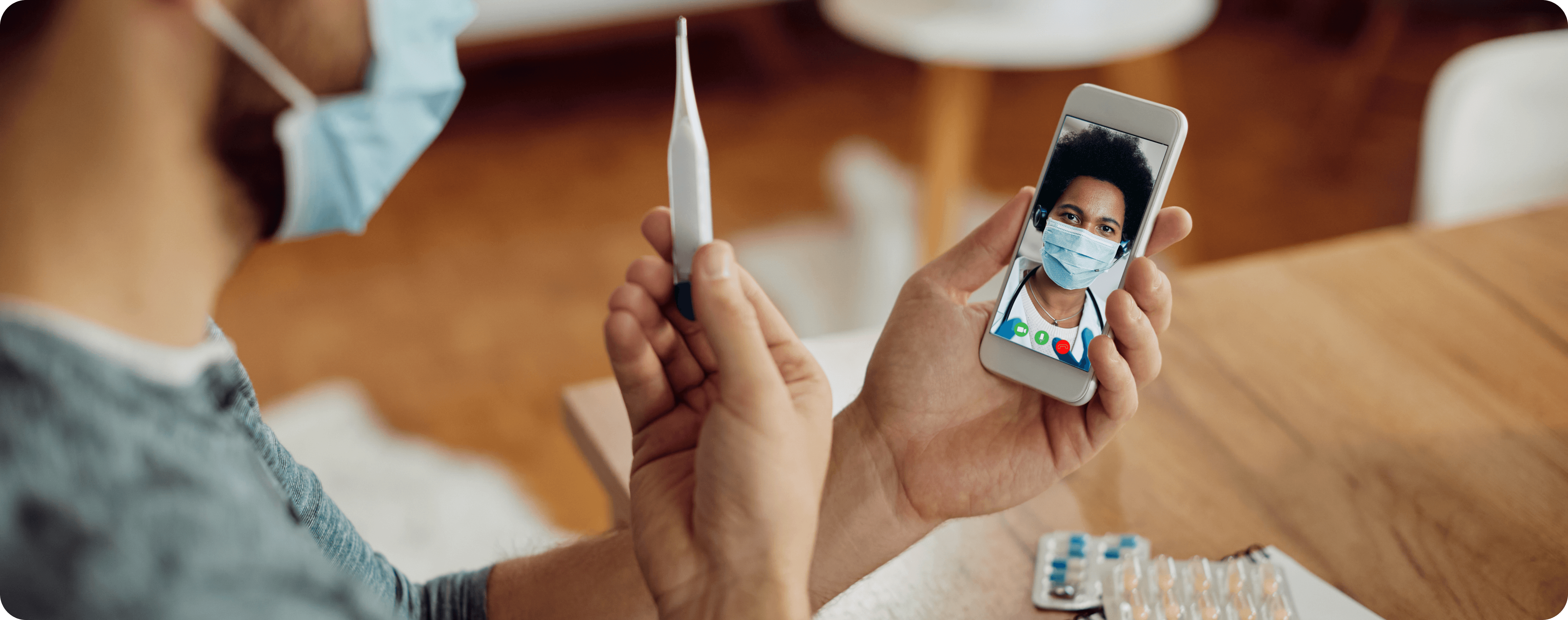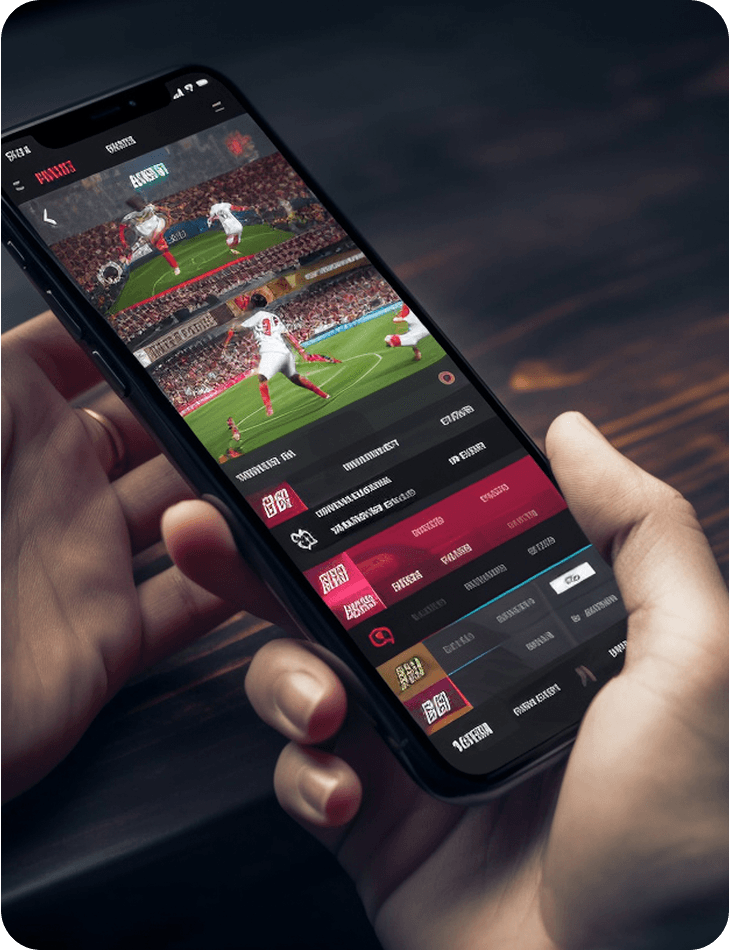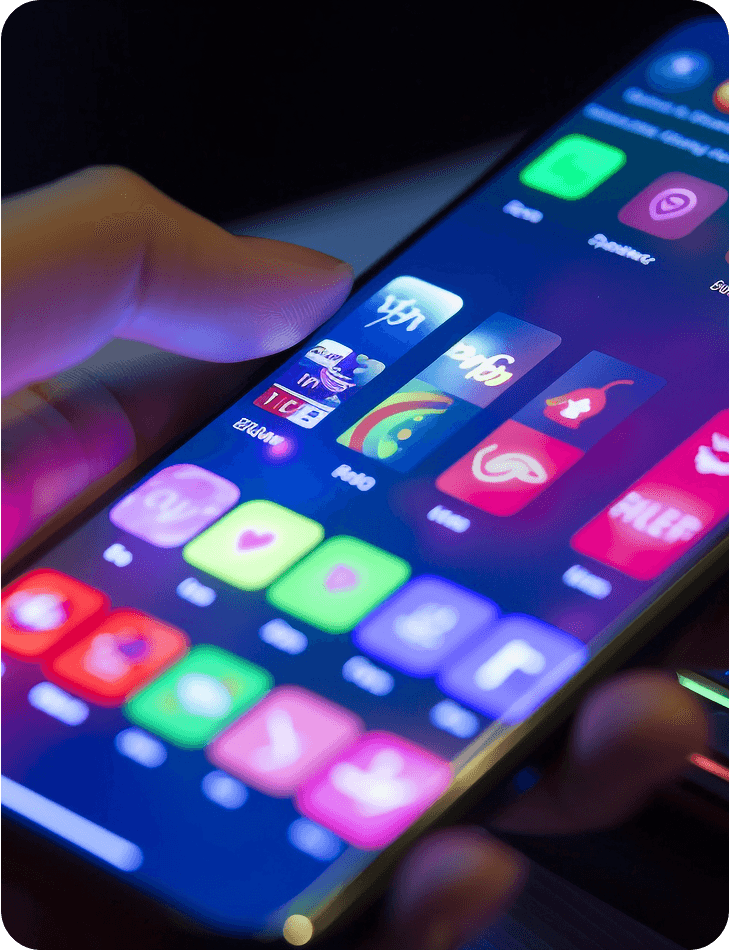Overview
Technology plays a massive role in our lives, impacting our health more than any other daily life facet. From tracking the number of steps you take each day to how you book a doctor's appointment online, healthcare apps have changed the way we take care of our health. Indeed, in the last measured period, 36,260 downloads of healthcare and medical apps were made in the Google Play Store.
But does one ever wonder what goes into building a healthcare app? It is not all about writing the code or designing an app that looks nice. Rather, the focus is on solving real-life problems, making sure it works seamlessly, and keeping personal health information safe. This guide breaks down everything about healthcare app development, why they are essential, and what constitutes success for a healthcare app.
What Makes Healthcare Applications Important?
Healthcare applications bridge the gap between patients and their healthcare providers. They make healthcare more accessible and personalized while saving time and money. Let's break down this guide on healthcare app development.
Improved Accessibility
It is a luxury to consult a doctor or access your records in the comfort of your house. This is what healthcare applications have made possible. For example, if someone has a tight schedule, they can e-consult with their doctor during any break at work rather than taking time off from work with the hope of visiting a clinic.
Personalized Care
Healthcare apps can be customized to fit every single need. In diabetes, for instance, the application would enable one to check the state of their blood sugar daily and give tips on health matters.
Cost Efficiency
Constant visits to the clinic can be highly costly and time-consuming. Apps alleviate this burden by allowing the opportunity for virtual consultations or even simple reminders for medication or health checkups.
These apps have become lifesavers for many people. Imagine someone living in a remote area where hospitals are far away. A telehealth app allows them to consult with specialists without the hassle of travel.
Understanding Healthcare App Categories
Healthcare apps are designed to serve different purposes, and their features depend on the problems they aim to solve. Some of the most common types which follow are:
1. Fitness and Wellness Apps
Such apps help users stay fit and healthy. A few may count daily steps, set fitness goals, or provide exercises a user is required to complete. A good example would be an app reminding someone that they have sat too long and need to get up and walk.
2. Telemedicine Apps
Telemedicine applications connect patients with doctors for virtual consultations. Instead of waiting in a clinic, the patient could video call a doctor to describe symptoms and sometimes even get advice or a prescription. This mainly helps people who have mobility problems or those who live far from medical facilities.
3. Medication Compliance Apps
These apps assist users in remembering to take their medications on time. They may send alerts, monitor doses, and even offer data about the drug. This is priceless information for anyone who is on multiple prescriptions.
4. Chronic Disease Management Apps
These are used by patients suffering from chronic diseases, such as diabetes and hypertension. From the users' perspective, they can monitor their health metrics and log events, and subsequent reports can be sent to the doctors for necessary follow-up and treatment advice. For example, a diabetes management app would let a patient log blood sugar action post-meals and thereafter provide a detailed analysis of their eating habits.
5. Apps for Mental Health
Mental health is just as important as physical health, and these apps perform the task of letting a person release his or her stress, anxiety, or depression. Examples include guided meditation, journaling, and video access with licensed therapists.
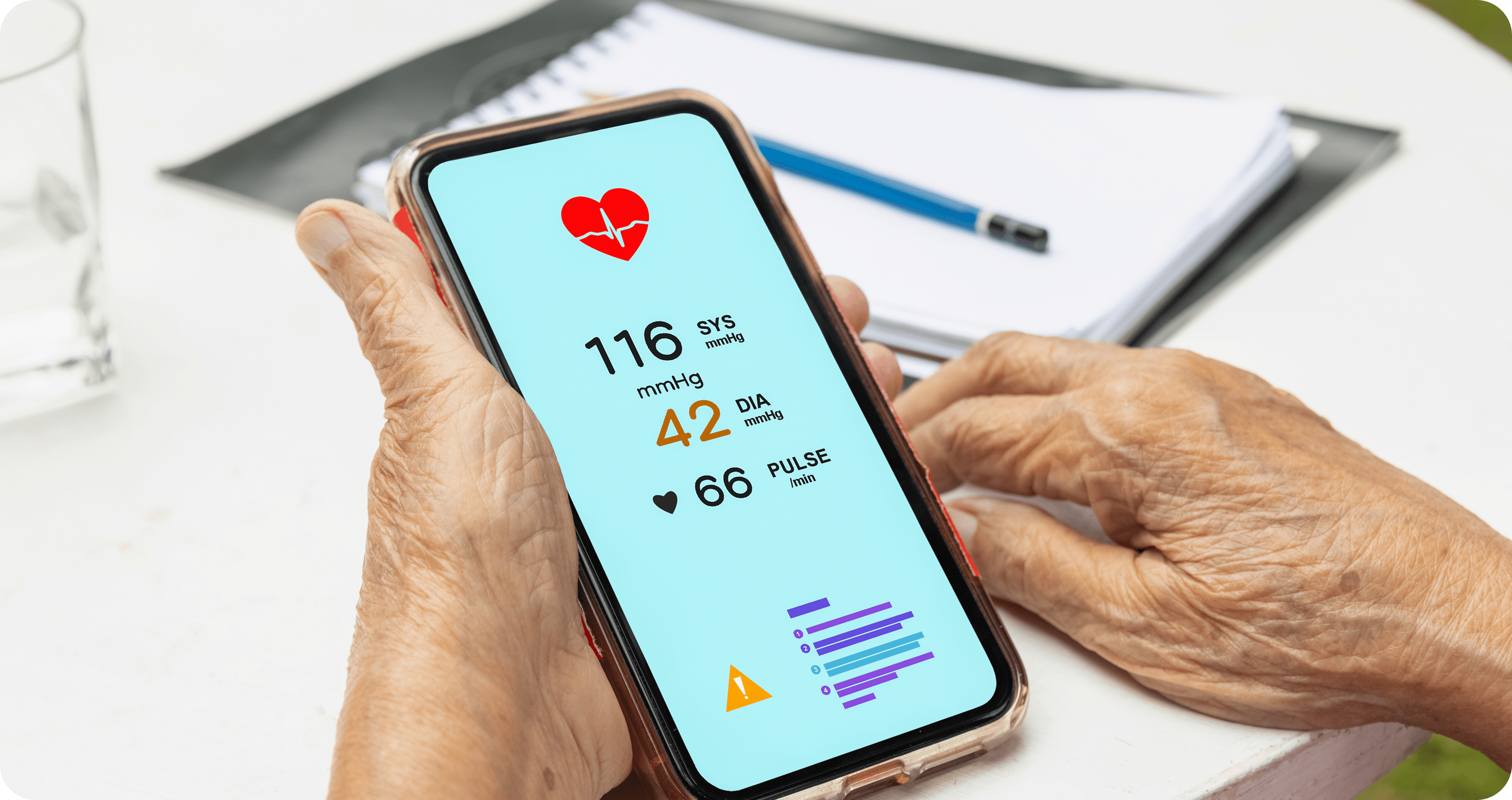
Process of Healthcare App Development
Creating a healthcare app involves a step-by-step approach. Here’s how it’s done:
1. Define the Purpose: Start by asking some key questions:
- Who will use the app?
- What problem will it solve?
For example, if the app is for people with chronic illnesses, it might focus on features like health tracking and communication with doctors.
2. Research the Market: Understand what already exists and what users want. For instance, you might discover that many fitness apps lack mental health features. Adding mindfulness exercises to your app could fill this gap and make it stand out.
3. Choose the Right Features: Choose appropriate features to include for your audience. If you're building a medication management app, prioritize reminders, dosage tracking, and information about medication.
4. Create the UI/interface design: It should have a simple yet elegant design. Picture someone in an emergency using the app — they should be able to quickly and easily find what they need.
5. Develop and Test the App: Collaborate with an established healthcare app development company to work on getting the app made. Testing is essential to ensure that it functions properly and meets healthcare standards. An example of that is the app should handle unexpected amounts of traffic without going down and store sensitive data securely.
6. Regulatory Compliance: Healthcare apps are required to meet certain regulations, such as HIPAA (USA) and GDPR (EU). These regulations establish the proper handling of sensitive health information by confining it to private locations.
7. Launch and Market the App: Once the app is ready, launch it on app stores and promote it to the right audience through social media, blogs, or ads. For instance, a mental health app could be marketed to young professionals looking for stress management tools.
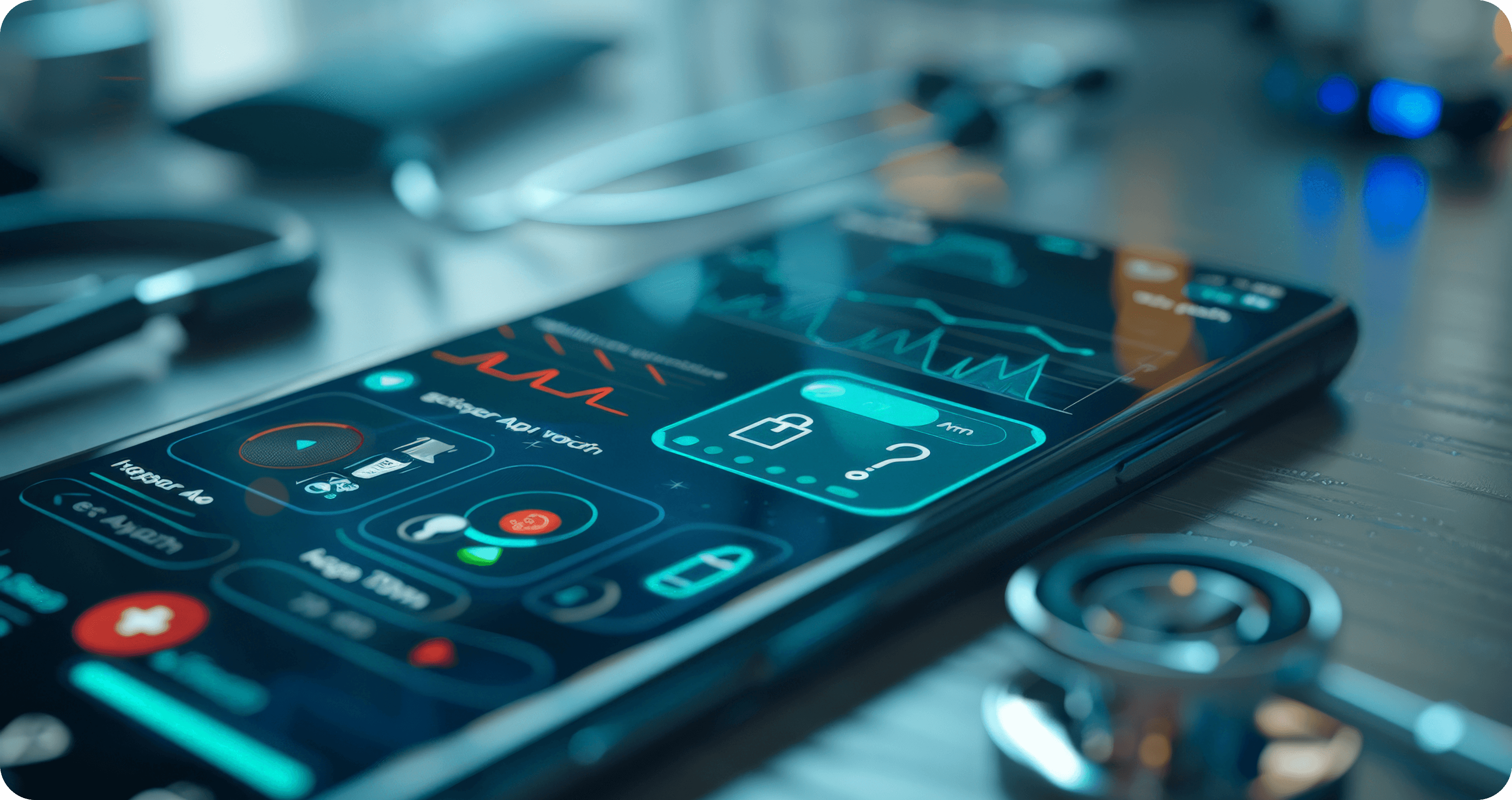
What Makes a Healthcare App Successful?
Healthcare app development is not about adding features but about how the app can facilitate customers the best. Here are some of the most important features every successful healthcare application should possess:
1. User-Friendly Interface
Any app should be user-friendly, even for people with no idea about technology. Think of an elderly person trying to log their daily medication; it should be simple and effortless.
2. Data Security
Health data is sensitive and private. Apps must protect this information by following strict regulations like HIPAA (in the U.S.). For example, an app storing medical history should encrypt the data to ensure no one can access it without permission.
3. Multi-Device Compatibility
People use different devices like smartphones, tablets, and desktops. A good app should work seamlessly on all of them. For example, someone might use their phone to log fitness data but prefer to view detailed reports on a larger screen.
4. Integration with Wearables
Many individuals use devices such as fitness trackers or smartwatches. Healthcare applications can link with these gadgets to gather information like heart rate and sleep patterns, offering a more detailed perspective on overall health.
5. Real-Time Notifications
Reminders are essential in healthcare apps. They might prompt users to take their medicine, attend a virtual appointment, or complete a daily fitness goal. Such timely nudges can significantly improve health outcomes.
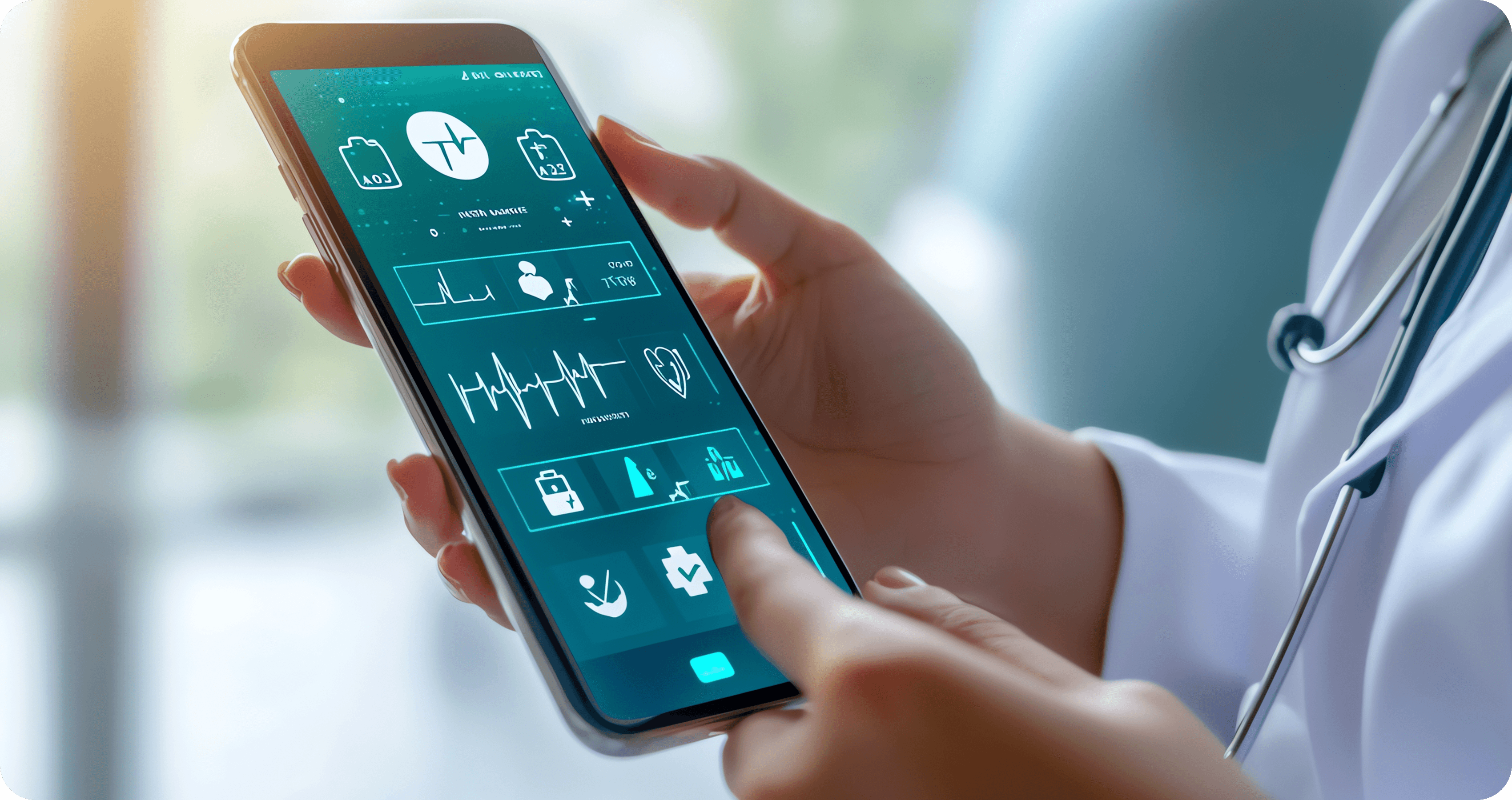
Challenges in Healthcare App Development
While mobile health applications offer enormous opportunities for fundamentally changing how we access and manage health, developing applications in healthcare does have challenges unique to the field. Following are a few key challenges faced during the healthcare application development process:
1. Compliance with Regulations
Health apps have to operate on very strict regulations in the interest of keeping patients' information confidential. Rules and regulations such as HIPAA for the United States, and the GDPR in Europe, among many others, set conditions in terms of storage and sharing, which involve hard encryption. Non-conformity to these involves several serious penalties; thus, compliance is heavy to carry along but inevitable when developing such an app.
2. Data Security and Privacy
Applications of healthcare contain very sensitive personal information of patients, such as their medical records, prescriptions, and consultation histories. The requirement for security against breaches and cyberattacks demands strong methods of encryption of data, secure authentication protocols, and periodic security audits. A single security lapse will lead to loss of users' trust and loss of reputation and financial loss.
3. Integration with Existing Systems
Healthcare apps often need to integrate with electronic health records (EHR) systems, wearable devices, or hospital management software. These integrations can be complex due to varied protocols, legacy systems, and proprietary technologies. Ensuring seamless compatibility while maintaining data integrity is a significant challenge.
4. Scalability and Performance
Healthcare apps experience unforeseen traffic spikes in the event of emergencies or seasonal increases. To ensure the app performs smoothly without crashing or slowing down, it's crucial to implement highly scalable architecture and conduct thorough load testing.
By being prepared for the challenges ahead, and with the expertise of professionals, you can successfully overcome obstacles in healthcare app development, creating solutions that are effective, secure, and impactful.
Building the Future of Healthcare Through Apps
Healthcare apps have changed the perspective towards managing health.
They provide convenient, individualized care and save finances, which makes healthcare available to everyone. Creating an app like that takes a defined vision, an awareness of the user base, and compliance with industry laws.
If you’re considering building a healthcare app, remember that partnering with experts can make the process smoother. While the healthcare app cost varies, investing in the right team, like CodeDTX, ensures your app is effective and compliant with industry standards.
This isn't just about technology; it's about building the future of healthcare—one app at a time.

